When it comes to aiding a victim of sudden cardiac arrest (SCA), we know that every minute counts. Astonishingly, for a man in Charlotte, North Carolina, he survived a 30-minute ordeal when his heart stopped on a June afternoon.
According to a story in The Charlotte Observer, John Ogburn was in the right place at the right time on June 26 when he collapsed in a Panera Bread café. An employee made the call to 911, which immediately put out a dispatch concerning a man in cardiac arrest. An officer from the Charlotte Mecklenburg police, who is also an EMT, was just finishing attending a minor accident in a parking lot nearby. He and another officer were on the scene almost immediately.
They were aided by a bystander who was a nurse, and the three of them attended to the man until the arrival of several firefighters, who fitted the patient with an oxygen mask and used their automated external defibrillator (AED) to administer a series of shocks.
Soon there was an 8-person team working together and taking turns performing CPR. After multiple shocks and several doses of epinephrine, the patient was still unresponsive and remained in cardiac arrest for a total of 30 minutes before finally his pulse was re-established.
In the intensive care unit at the local hospital, the patient received a hypothermia protocol. He remained in an induced coma for two days and brought out of sedation on the third day. He survived the ordeal with “...some short-term memory loss and an extremely sore chest – from the more than 3,500 compressions...” he received from his CPR treatment.
An amazing story and a true, life-affirming testament to the quick-thinking and skilled response of his rescuers.
The story also speaks to the important role team CPR can play in a rescue scenario. As the first responding officer put it, “It was hot in the Panera Bread, we’re all doing compressions, which is very strenuous...The teamwork was everything.”
When there is more than one person on the scene willing and able to perform CPR, providers can work together to improve performance and reduce interruptions. CPR is tiring, and switching providers about every two minutes helps to maintain CPR quality. Rescuers should communicate about switches ahead of time and coordinate their actions to switch smoothly and minimize interruption time.
Congratulations to this amazing team of heroes!
You can read the whole Charlotte Observer article here.
Want to learn CPR yourself? Find an ASHI or MEDIC First Aid Training Center near you and discover how easy it can be to provide CPR to someone in need, either on your own or maybe even as part of a team of trained and confident bystanders.








.png?width=600&name=HSI-CTA-EmergencyCareTraining%20(1).png)











Comments